
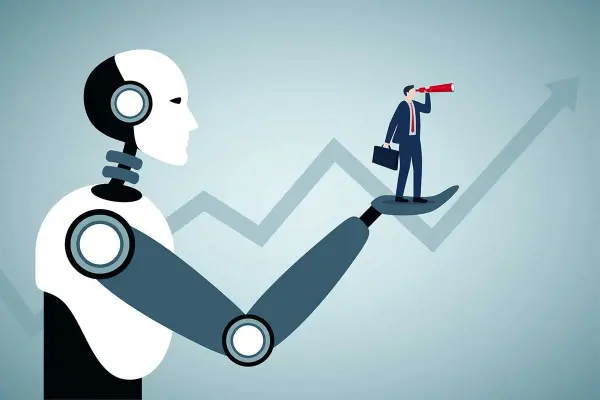
Artificial Intelligence (AI) is rapidly transforming the U.S. economy, driving innovation across multiple industries and reshaping the future of work, investment, and productivity. From automating processes in manufacturing to enhancing decision-making in finance, AI is playing a crucial role in boosting economic efficiency and fostering new business opportunities. As AI technology advances, its contribution to the U.S. economy is expected to grow exponentially, making it a key driver of long-term economic growth.
AI’s Contribution to Economic GrowthAI’s impact on the economy is seen in multiple areas, including productivity gains, job creation, and industry expansion. According to industry reports, AI could contribute up to $15.trillion to the global economy by 2030, with a significant portion of that growth stemming from the U.S.
Key ways AI is driving economic growth include:
Increased Productivity and Efficiency
Job Creation and Workforce Transformation
Enhancing Innovation and New Business Models
Economic Competitiveness on a Global Scale
AI is revolutionizing various industries, fueling economic expansion and modernization.
Despite its economic potential, AI adoption faces challenges such as:
Swipe. Select. Stay informed.


The U.S. continues to dominate AI research and development, but China’s aggressive investments in artificial intelligence are closing the gap. As both nations compete for AI supremacy, the race for innovation is reshaping global technology, security, and economic influence
The U.S. government is ramping up investments in artificial intelligence for defense, focusing on cybersecurity, autonomous weapons, and intelligence analysis. These efforts aim to maintain national security and technological superiority in a rapidly evolving global landscape
The U.S. government’s AI policy changes are set to transform health technology investments, fostering innovation in diagnostics, treatment, and medical research. These changes could boost investor confidence and accelerate the adoption of AI-powered healthcare solutions.
As AI advances, job displacement concerns grow. However, the U.S. economy is adapting by fostering new opportunities, reskilling programs, and AI-driven industries.

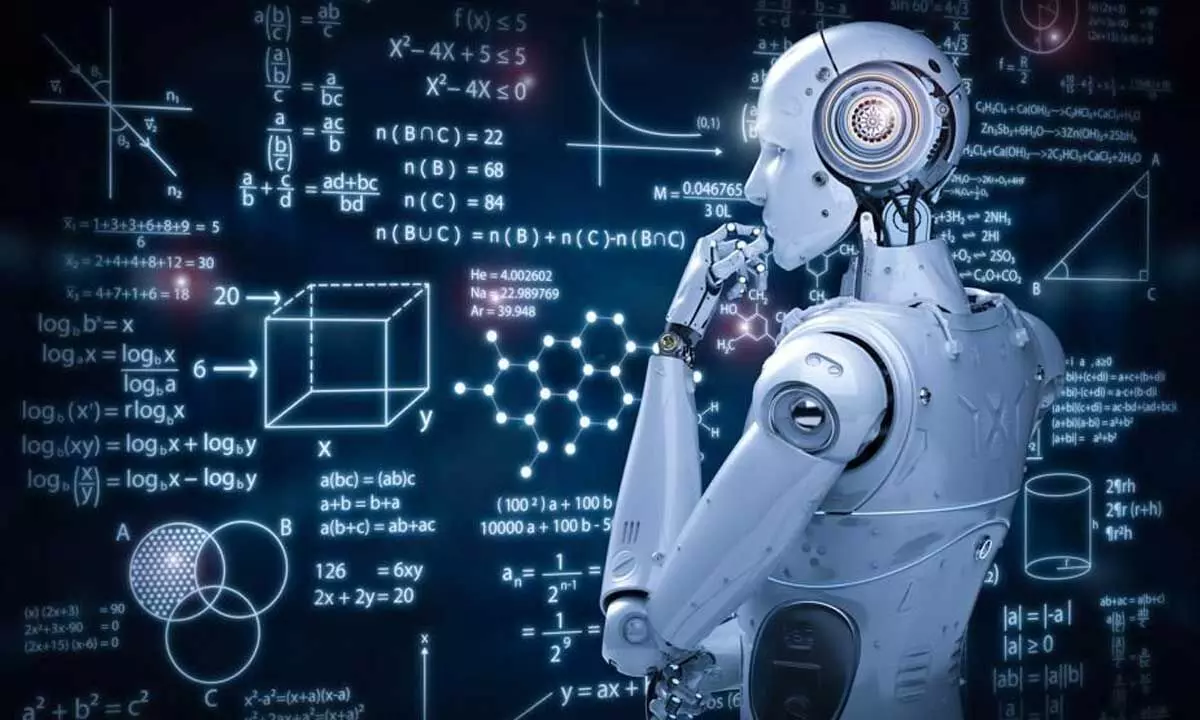
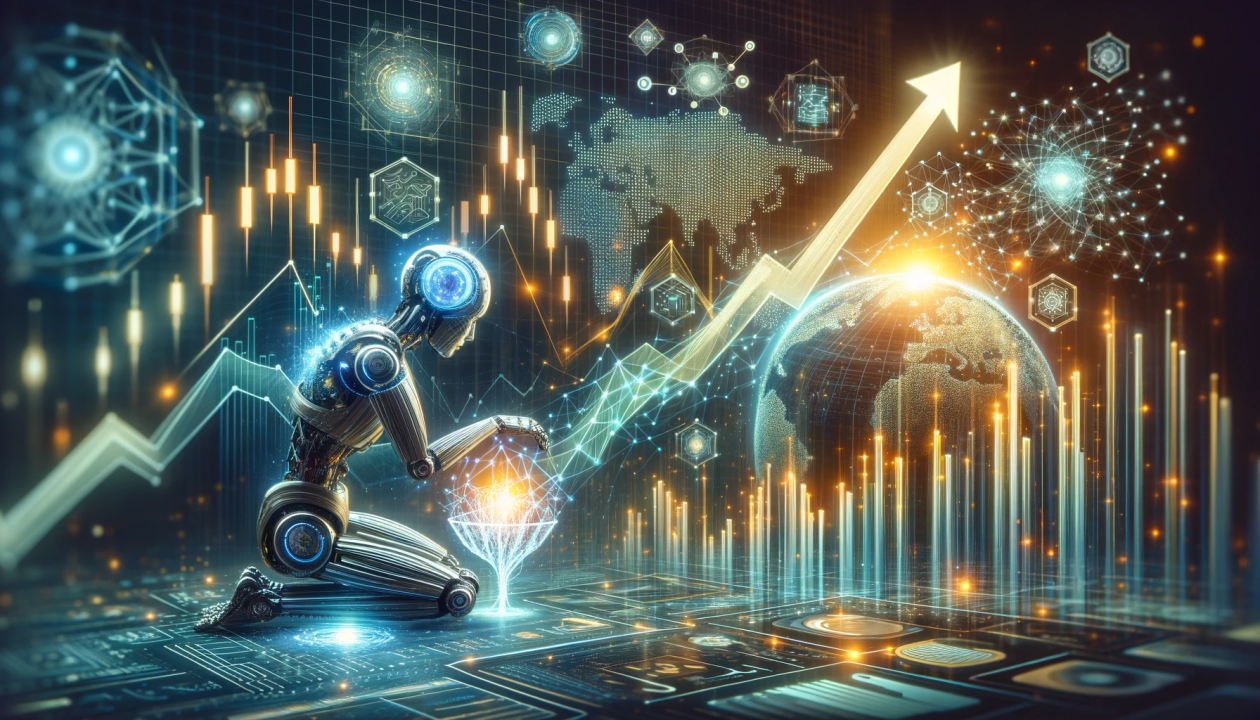
Economic Impact of US AI Investment Policy Changes
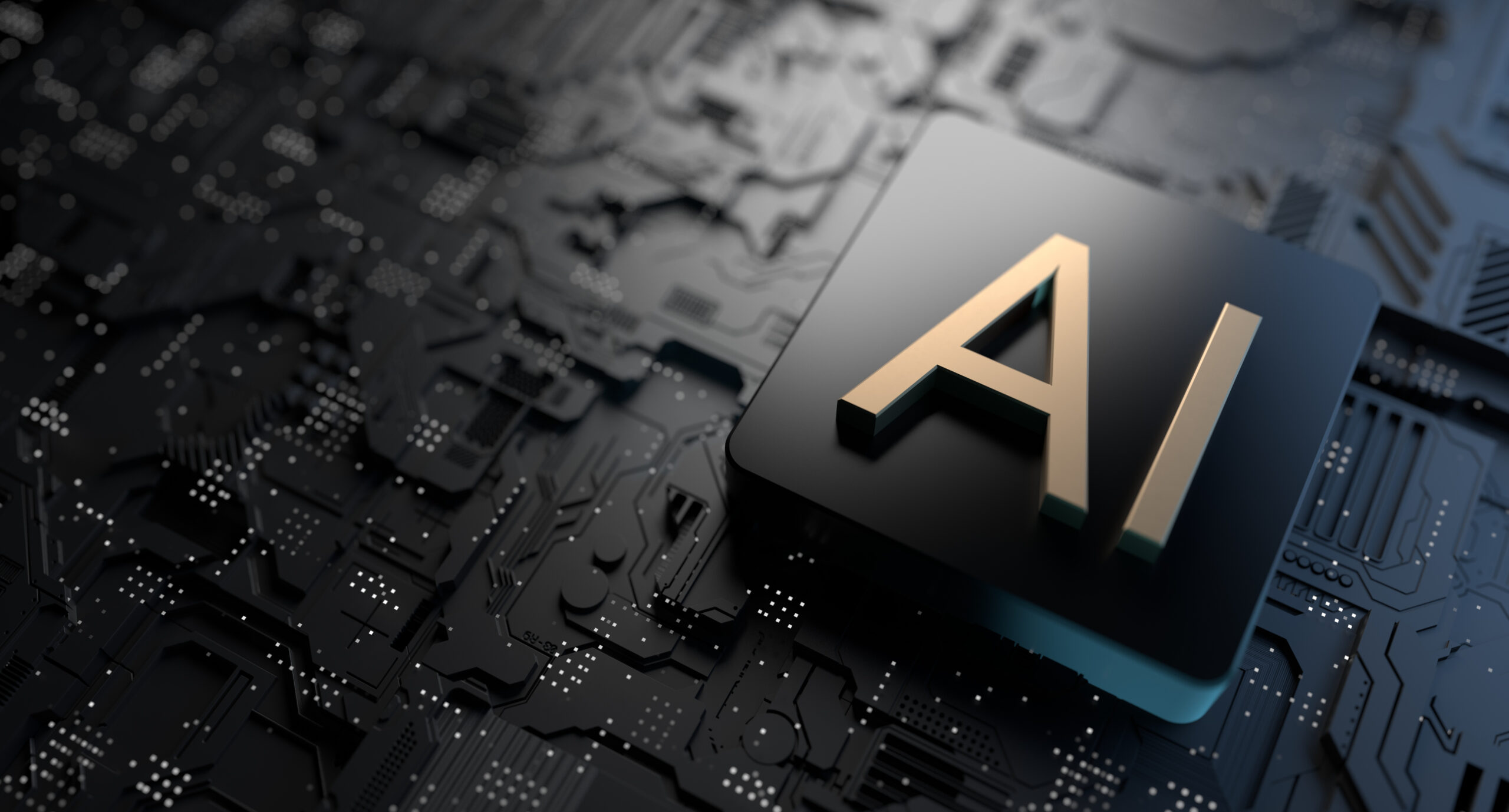
US AI Investment Rules Shake Global Markets
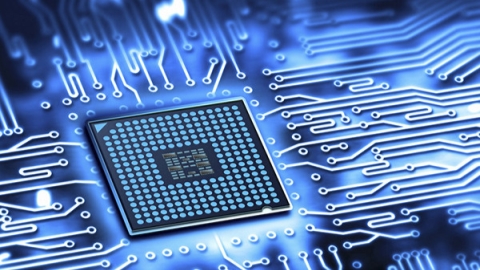
US to Restrict Foreign AI Investments
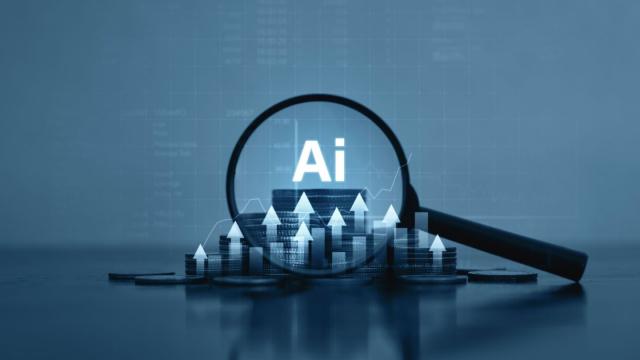
The US tightens AI investment regulations to curb foreign influence and strengthen national security